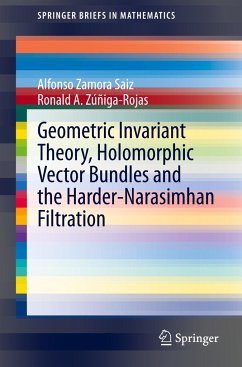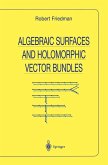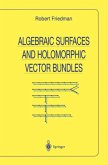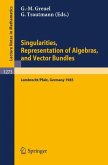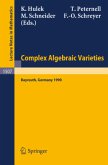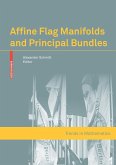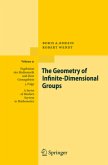This book introduces key topics on Geometric Invariant Theory, a technique to obtaining quotients in algebraic geometry with a good set of properties, through various examples. It starts from the classical Hilbert classification of binary forms, advancing to the construction of the moduli space of semistable holomorphic vector bundles, and to Hitchin's theory on Higgs bundles. The relationship between the notion of stability between algebraic, differential and symplectic geometry settings is also covered.
Unstable objects in moduli problems -- a result of the construction of moduli spaces -- get specific attention in this work. The notion of the Harder-Narasimhan filtration as a tool to handle them, and its relationship with GIT quotients, provide instigating new calculations in several problems. Applications include a survey of research results on correspondences between Harder-Narasimhan filtrations with the GIT picture and stratifications of the moduli space of Higgs bundles.
Graduate students and researchers who want to approach Geometric Invariant Theory in moduli constructions can greatly benefit from this reading, whose key prerequisites are general courses on algebraic geometry and differential geometry.
Unstable objects in moduli problems -- a result of the construction of moduli spaces -- get specific attention in this work. The notion of the Harder-Narasimhan filtration as a tool to handle them, and its relationship with GIT quotients, provide instigating new calculations in several problems. Applications include a survey of research results on correspondences between Harder-Narasimhan filtrations with the GIT picture and stratifications of the moduli space of Higgs bundles.
Graduate students and researchers who want to approach Geometric Invariant Theory in moduli constructions can greatly benefit from this reading, whose key prerequisites are general courses on algebraic geometry and differential geometry.
"The book is well written and introduces various explicit examples. It is very suitable for those who want to have a basic idea and global scope of this theory and apply the idea to study other classification problems in algebraic geometry." ( Pengfei Huang, Mathematical Reviews, September, 2022)

